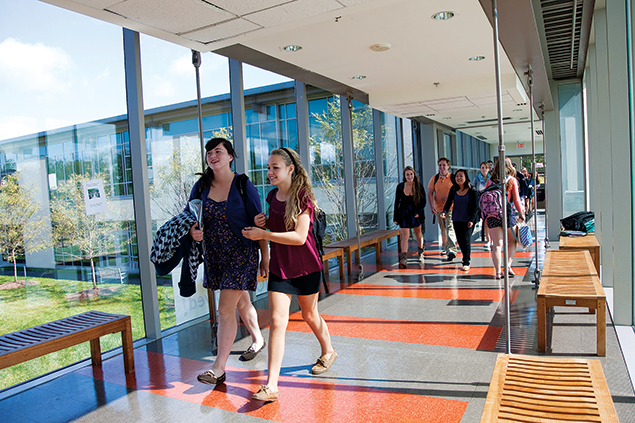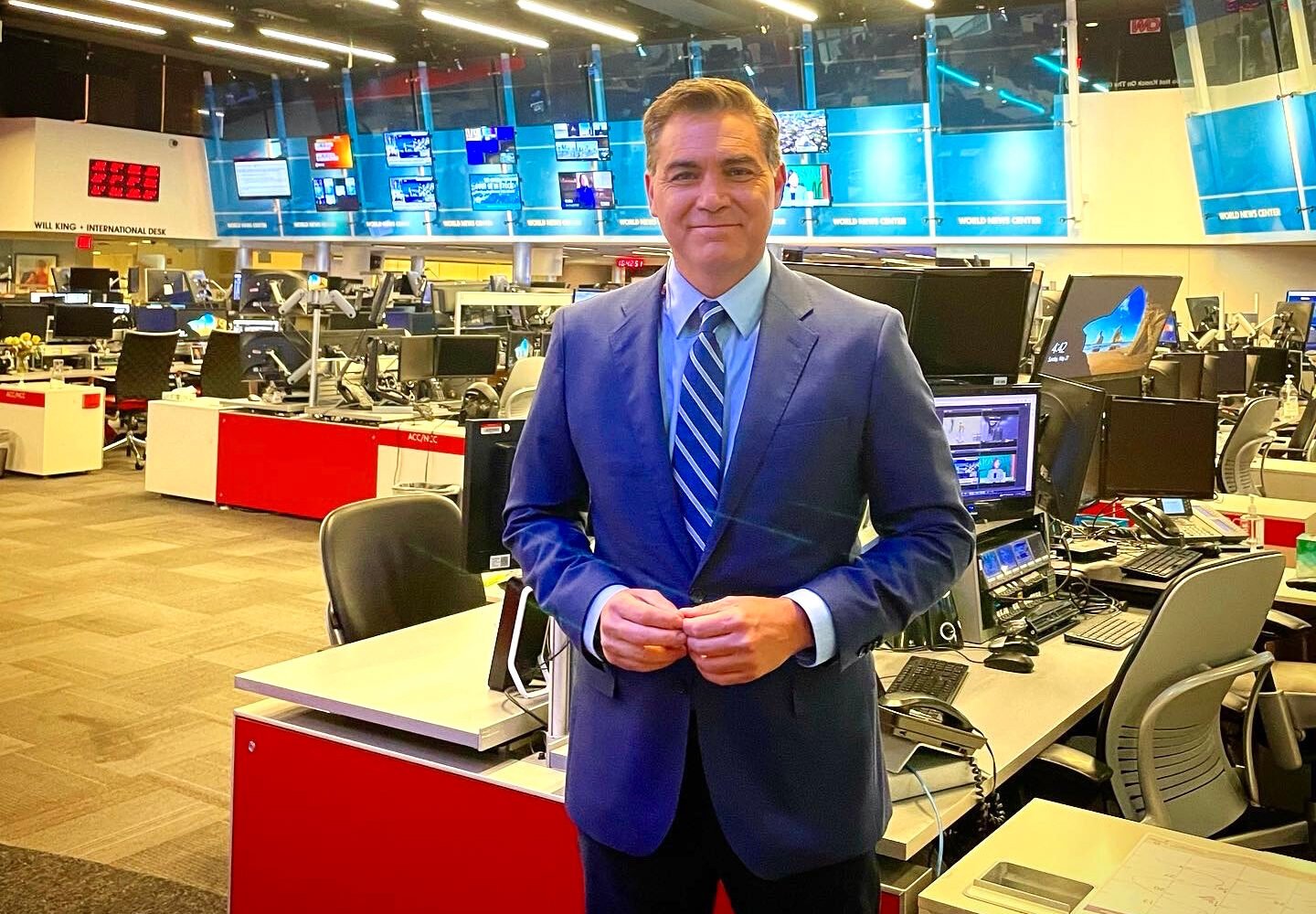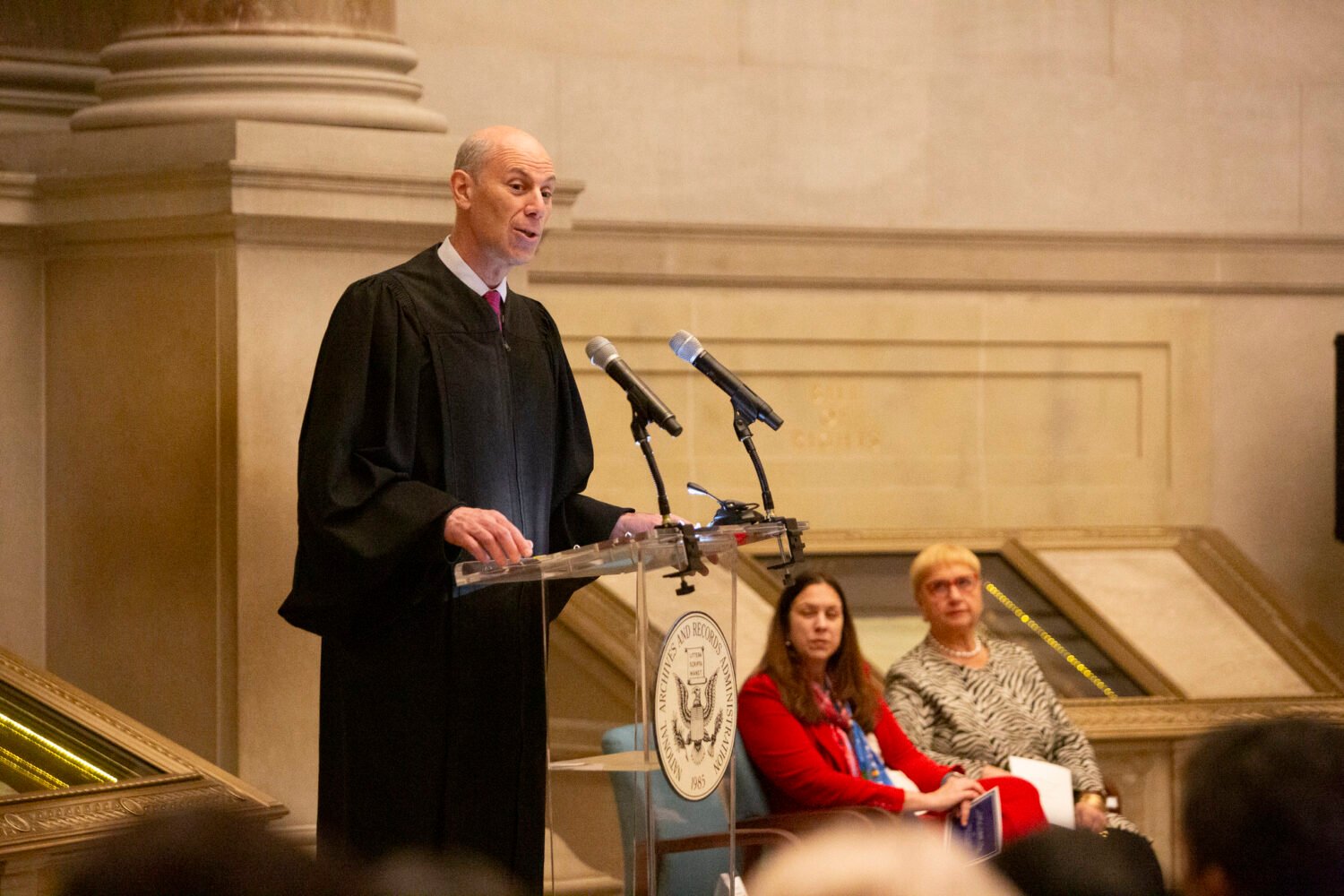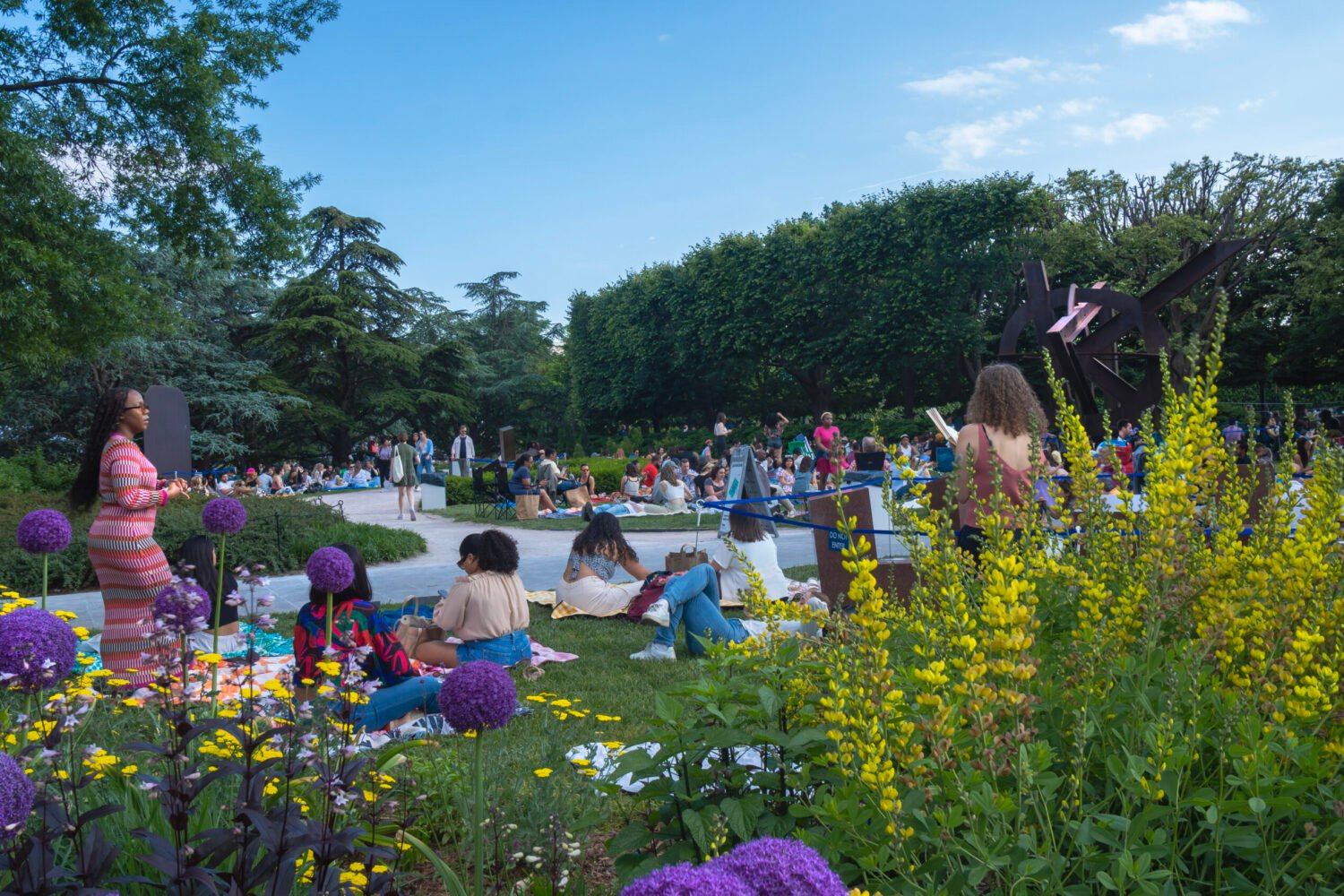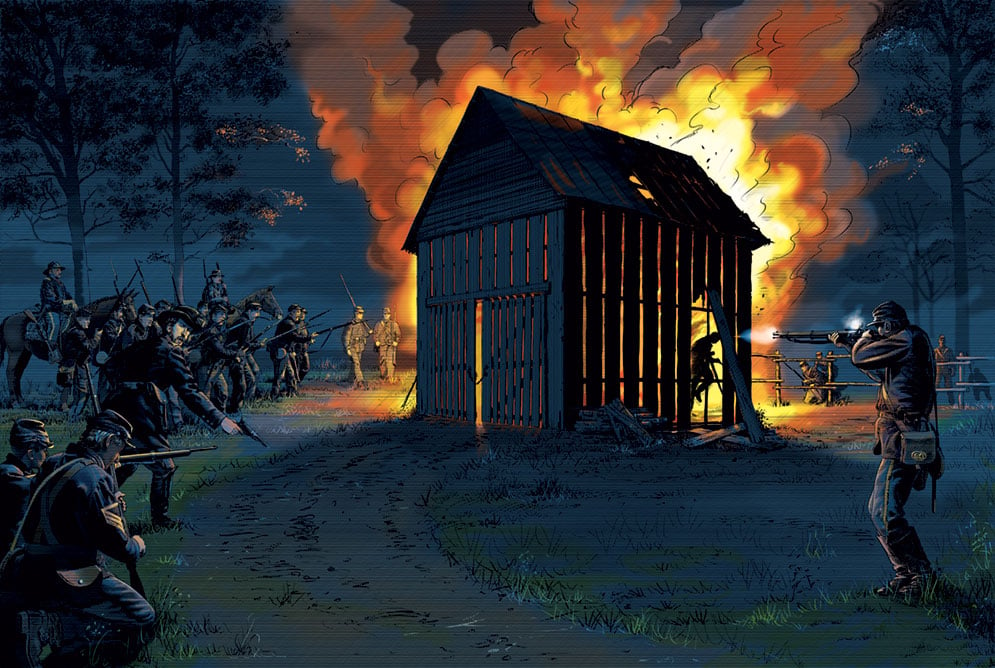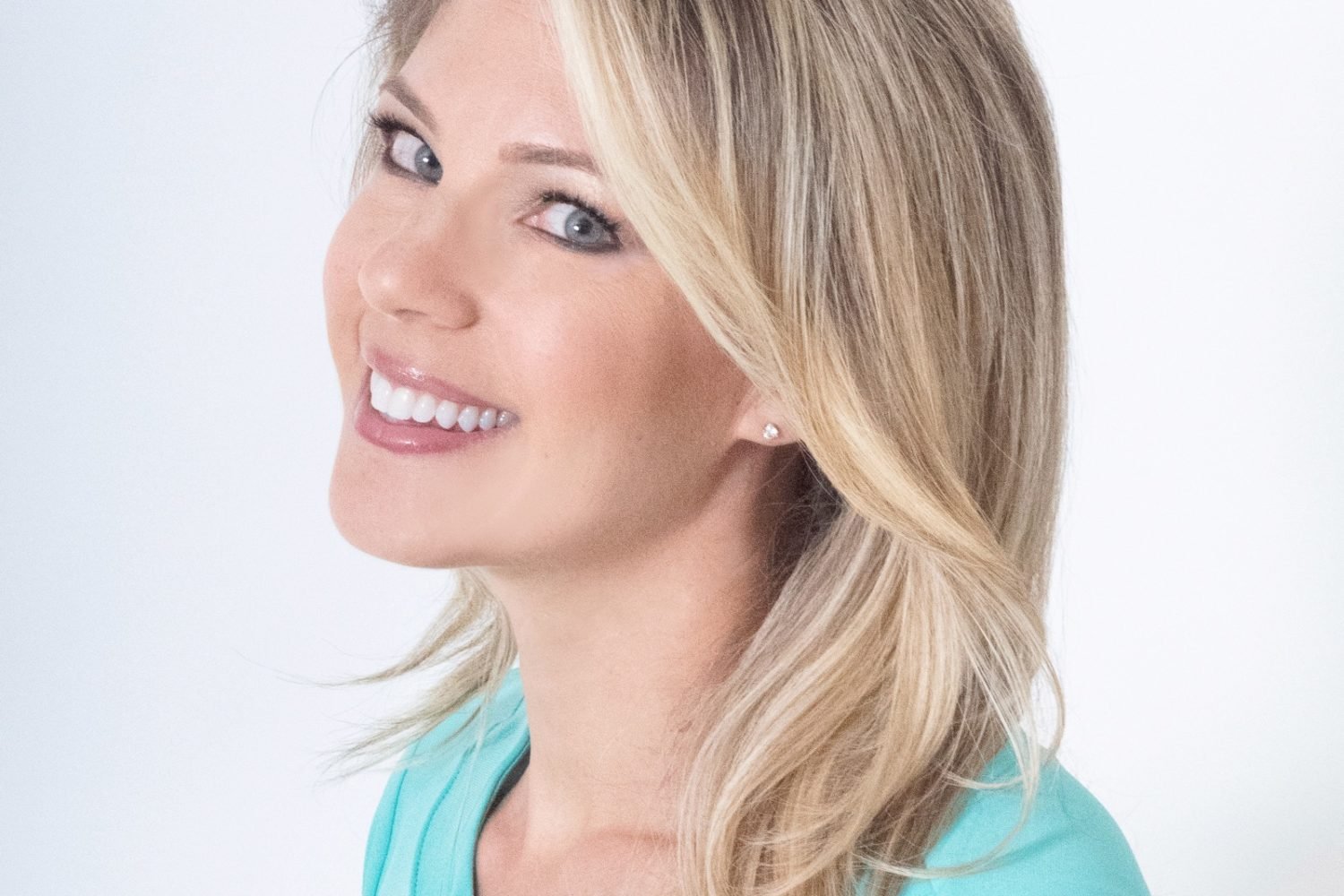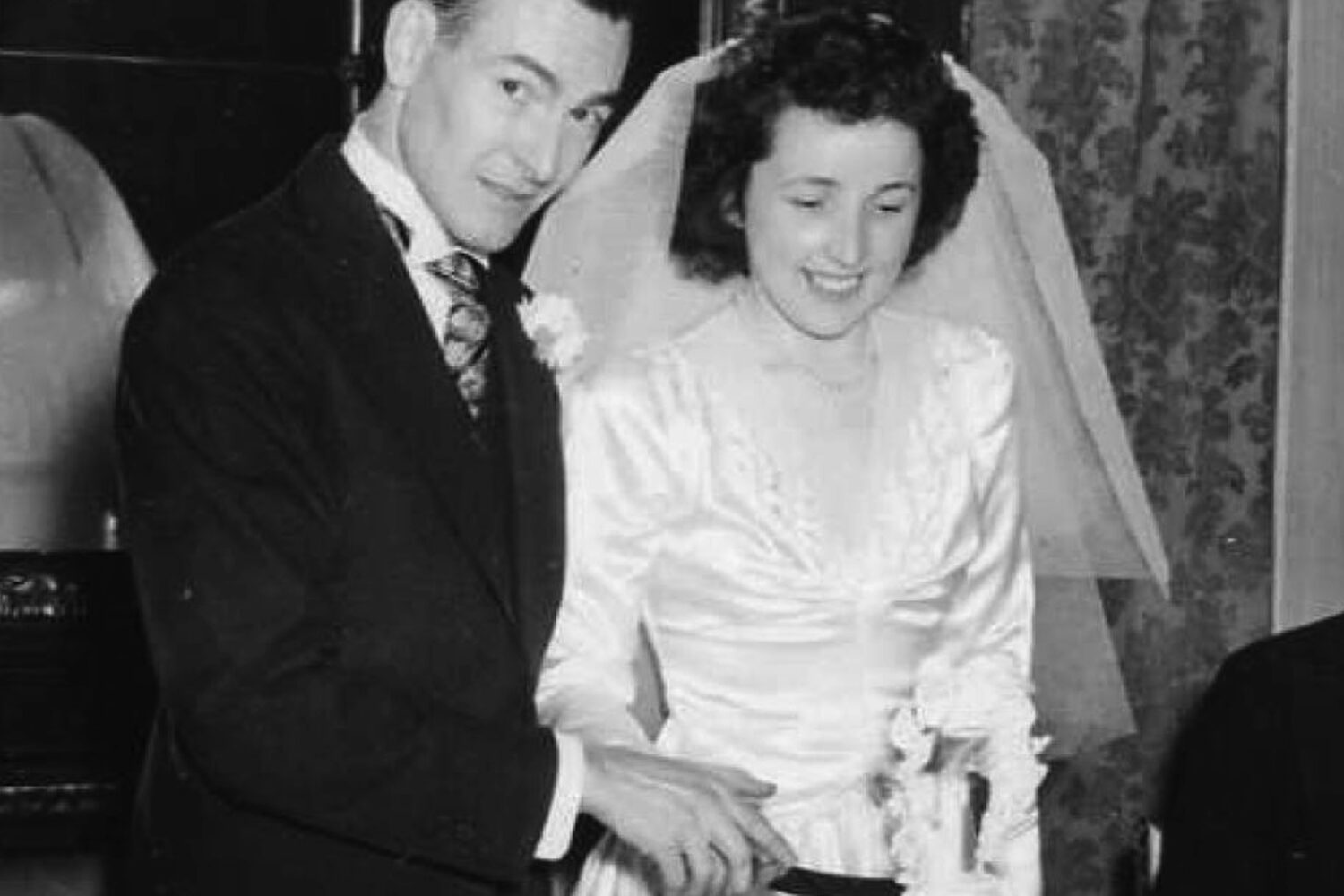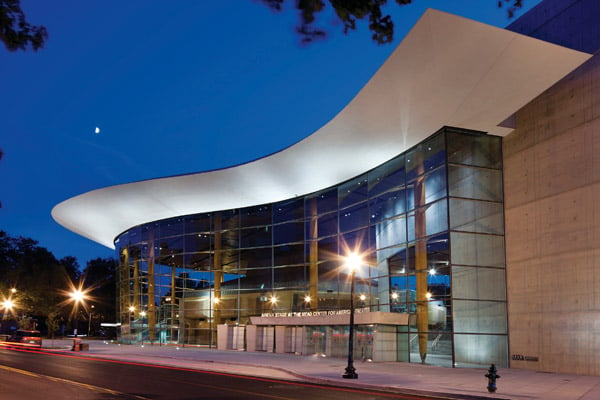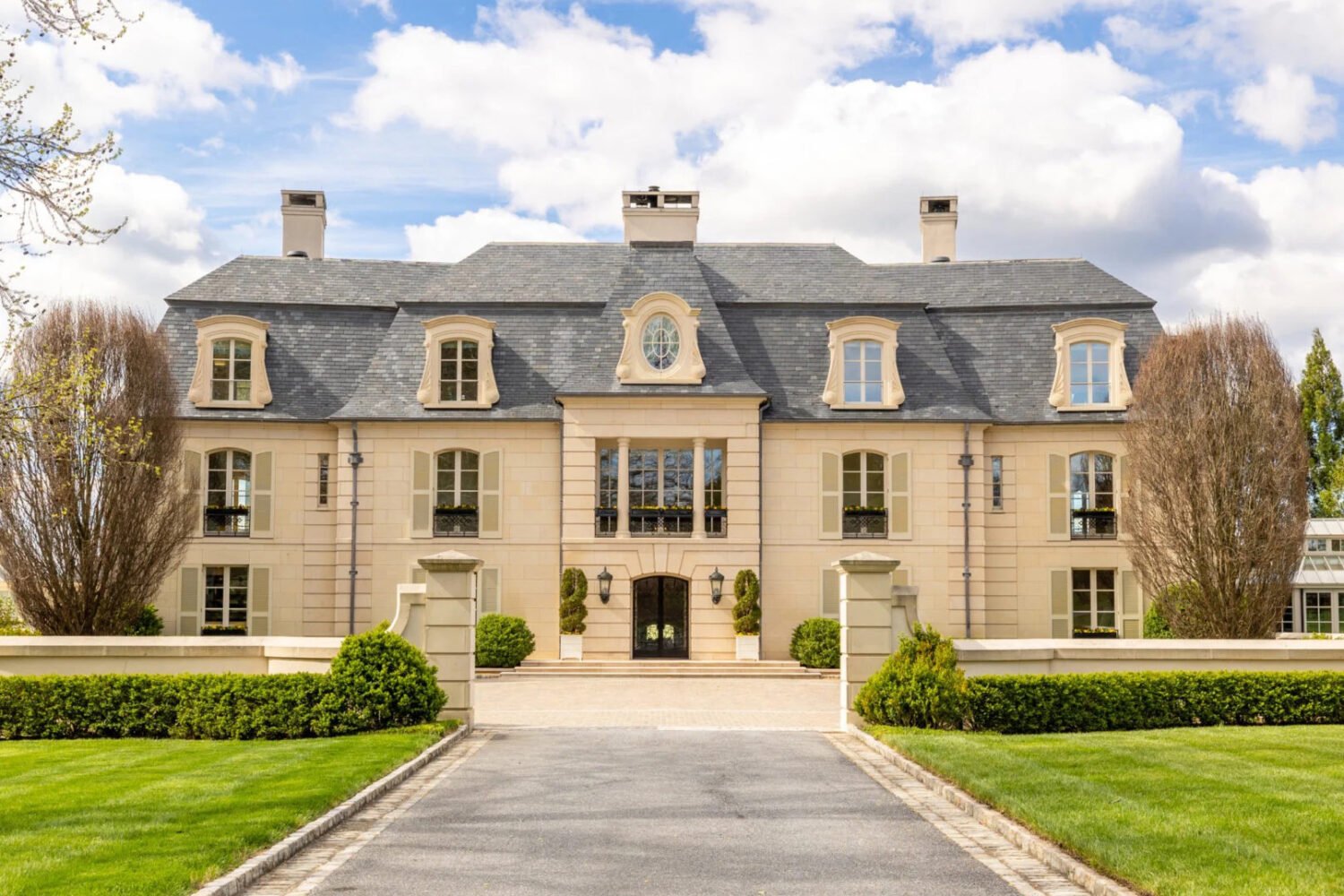From applications to placement tests to evaluated playtime, Washington’s private-school admission process can be competitive. Which makes some parents wonder: How honest should they be about their child, especially if their little darling has learning or behavioral issues?
Peter Sturtevant, an educational consultant at the School Counseling Group in DC, says parents often misunderstand the purpose of the interview, when they typically meet with the admissions director. It isn’t a time to list your child’s winning qualities.
“Parents fall into the trap of just selling themselves or their kids rather than engaging in a dialogue with the school,” Sturtevant says. The interview, he says, can be a time for both the parents and the school representative to determine whether that institution is the best fit for the child.
Kai-Anasa George, director of admissions at the Edmund Burke School in Northwest DC, suggests that parents think of this meeting as the start of a relationship with the school. She likes to talk with parents about the type of environment they’re looking for, to “make sure they have a good understanding of who we are and what we have to offer.”
Leigh Ann Cahill, director of Independent School Options in Alexandria, encourages parents to research a school beforehand. The most important thing, she says, is to be honest: “You don’t want to hide any areas of need [for your child], because they are going to come up in either the testing or the teacher recommendations, and then the admissions director is going to wonder why the parent didn’t bring that up.”
That doesn’t mean parents can’t put a positive spin on a child’s behavior or needs. Rather than saying, “My child has temper tantrums,” Cahill suggests, you could say: “My son has a low frustration tolerance, but we’re working on that and we want to find a good place that helps him work on himself.”
Sturtevant encourages parents to talk about their children using specific anecdotes instead of in broad terms. One family, for example, had a son who wasn’t strong academically but was an expert on high-end watches, which he had started to trade in. “It spoke to the kind of school that this kid would need,” Sturtevant says.
While there are technically no right or wrong answers to the questions an admissions director may pose, there are wrong things to say.
A few wealthy parents have asked Sturtevant if they should tell the interviewer they’re willing to help the school financially. “We suggest,” he says, “that that would be inappropriate.”
The key really is to find a school that’s right for your child. Does she love math? Does he hate tests? Turn the page for recommendations of private schools—some K-12, others high schools—that appeal to kids with particular strengths and interests.
To view our complete listing of the area’s private schools, visit our 2014 Washingtonian Guide to Private Schools.
If Your Child Hates Homework
British School of Washington, Northwest DC, pre-K through grade 12. Admissions assistant Tim Myers says the school tries hard not to overload students with homework.
Commonwealth Academy, Alexandria, grades 3 through 12. Students “do their homework programs on-site, with quite a bit of support right there,” says Lindsay White of the School Counseling Group. “Many leave for the day with their homework finished.”
School for Tomorrow, Rockville, grades 4 through 12. “The teachers aren’t interested in homework for homework’s sake,” says independent consultant Peter Sturtevant. “They want the work to support the learning that goes on during the school day.”
If Your Child Likes Community Service
Madeira, McLean, grades 9 through 12. All students spend four weeks of sophomore year in a volunteer assignment. “There is a huge focus on community service,” says Laura Temple, director of communications and marketing at the girls’ school.
Maret School, Northwest DC, kindergarten through grade 12. “One of their biggest things is service. It’s really ingrained within the school walls,” says independent consultant Leigh Ann Cahill.
Sandy Spring Friends School, Sandy Spring, pre-K through grade 12. “Every upper-school student . . . is expected to contribute at least 100 hours of assistance, combining service to those outside of the school with stewardship to the Sandy Spring Friends School community,” says the website.
If Your Child Likes Theater
Edmund Burke School, Northwest DC, grades 6 through 12. “We have a no-cut policy in theater,” says director of admissions Kai-Anasa George. “Depending on the number of kids who come out, we make sure everyone has a way to participate.”
The Potomac School, McLean, kindergarten through grade 12. “The middle-school grades put on class plays for one another, while older students have stagecraft classes and produce plays ranging from Shakespeare to popular musicals,” says Charlotte Nelsen, director of admission and financial aid.
St. Andrew’s Episcopal School, Potomac, pre-K through grade 12. Every year, the school stages three shows—two musicals and a high-school play. “Learning to work together, in a school play or in the orchestra, demonstrates how the whole can sometimes be sublimely greater than the sum of its parts,” says the school’s website.
If Your Child Likes Sports
Flint Hill School, Oakton, kindergarten through grade 12. “It’s not uncommon to find a student who is a member of our nationally renowned Latin team while at the same time a part of a championship-winning lacrosse team,” says director of admissions and financial aid Lisa Knight.
Gonzaga College High School, Northwest DC, grades 9 through 12. The rugby, crew, lacrosse, tennis, and indoor track teams at this boys’ school have all won multiple state or national championships.
Our Lady of Good Counsel High School, Olney, grades 9 through 12. In recent years, the girls’ soccer, lacrosse, and basketball teams and the boys’ track, cross-country, and football teams have all won titles in the Washington Catholic Athletic Conference.
If Your Child Likes Science and Math
Holton-Arms School, Bethesda, grades 3 through 12. “They’re really pushing their STEM program [Science, Technology, Engineering, Mathematics] these days,” says Pamela Tedeschi of Tedeschi Educational Consulting in Potomac about this girls’ school.
Sidwell Friends School, Northwest DC, pre-K through grade 12. “Students use the scientific-inquiry method to develop questions, apply concepts, and test hypotheses while using the world around them,” says Cahill.
Thomas Jefferson High School for Science and Technology, Alexandria, grades 9 through 12. “They are the holy grail of STEM,” Cahill says of TJ, a magnet school that, although not private, has very competitive admissions. It’s consistently ranked as one of the best high schools in the country, if not the best.
If Your Child Likes Languages
Charles E. Smith Jewish Day School, Rockville, kindergarten through grade 12. Says Tedeschi: “Some of the kids spend about half their day in Hebrew, and they graduate in the middle of the year and spend the last half of their senior year in Israel and Poland.”
Loudoun Country Day School, Leesburg, pre-K through grade 8. “We are one of the few schools in the area in which students receive Spanish instruction starting in pre-kindergarten,” the website says.
Washington International School, Northwest DC, pre-K through grade 12. “Students in Grades 1 to 5 spend half of their academic class time each day working in English and the other half in either French, Spanish, or, for native speakers, Dutch,” according to the website.
If Your Child Hates Tests
The Field School, Northwest DC, grades 6 through 12. It doesn’t offer Advanced Placement classes because those courses focus so heavily on a single test at the end of the term.
McLean School, Potomac, kindergarten through grade 12. The school uses a variety of ways to assess a child’s strengths and weaknesses other than simply tests, says Bobby Edwards, director of enrollment management.
The New School of Northern Virginia, Fairfax, grades 4 through 12. Says Sturtevant: “One of the unique features is that they have ‘authentic models of assessment’—including student portfolios, exhibitions, performances, and documented research— rather than standardized tests.”
If Your Child Has Learning Disabilities
The Auburn School, Silver Spring, kindergarten through grade 8. White says this school particularly meets the needs of students with social and communication challenges.
Chelsea School, Hyattsville, grades 5 through 12. A hundred percent of its students have learning disabilities or ADHD, so the school utilizes technology and individualized learning, which last year resulted in 85 percent of its students attending a higher-education institution.
The Kingsbury Center, Northwest DC, pre-K through grade 12. Cahill says: “It has implemented gifted-and-talented advanced academics for those with learning disabilities, because a lot of these kiddos are brilliant in one thing and just take forever to do the work.”
If Your Child Thinks Outside the Box
Green Acres School, North Bethesda, pre-K through grade 8. “In terms of tried-and-true, long-established progressive models in the area, one that comes to mind is Green Acres, which has always defined itself as a progressive school,” says Sturtevant.
The Howard Gardner School, Alexandria, grades 6 through 12. “When I first met with them, they were having classes in a tepee,” Cahill says. “It’s a progressive learning environment, but the students are still college-bound.”
St. Anselm’s Abbey School, Northeast DC, grades 6 through 12. “It is for interesting, curious, bright, sometimes marching-to-their-own-drum students,” says Cahill of the boys’ school.
See more private schools in our updated guide. This article appears in the November 2014 issue of Washingtonian.

